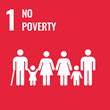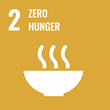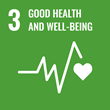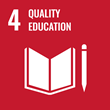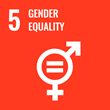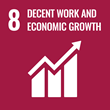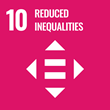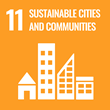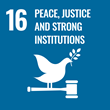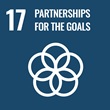
Project information
Educational Portal for Sustainable Cultural Diversity in Latin America
(EPSULA)

- Project Identification
- 2022-EPSULA
- Project Period
- 1/2023 - 12/2025
- Investor / Pogramme / Project type
-
European Union
- Erasmus+ Key Action 2: Cooperation for innovation and the exchange of good practices
- Capacity Building in the field of higher education
- MU Faculty or unit
- Language Centre
- Keywords
- Innovation in learning, teaching and assessment practices supported by digital technologies, Social Inclusion, Modernisation of Higher Education, Environmental sustainability, Promotion of employability
- Cooperating Organization
-
Universidad de Santiago de Compostela
Tampere University of Applied Sciences
Universidad Politécnica Salesiana
El Instituto Especializado de Educación Superior - El Espíritu Santo
Catholic University of El Salvador
University of Azuay
This project addresses the pressing issues of social exclusion of vulnerable communities in remote and rural areas in Ecuador and El Salvador by creating an online educational environment that can foster cultural diversity, promote indigenous heritage and strengthen social cohesion in an environment-friendly way in both countries and beyond. The consortium of seven HE institutions (2-Ecuador, 2-El Salvador, 3-EU) will develop a multilingual online portal that has two functions: it will serve as (a) a collection of tangible (traditional crafts) and intangible (folklore, oral traditions) cultural heritage fast disappearing in the remote areas; (b) a compendium of educational modules, methodologies and trainings, realised by didactisation of the authentic original materials collected, to be used by HEIs, re-skilling institutions and organisations promoting sustainable tourism. The consortium will collaborate intensively to transfer know-how, experience and good practices. The Ecuador and El Salvador partners will collect and record materials among the vulnerable indigenous communities in remote areas, transcribe and translate them into Spanish. The European partners will develop the online portal and educational modules, methodology trainings and sustainable tourism support modules based on the authentic materials. Then, the Ecuador and El Salvador partners will pilot the educational modules, methodologies, and sustainable tourism support materials in their HEI´s already existing and newly-establish programmes as well as in re-skilling workshops and trainings. Finally, all partners will present the portal to target audiences (educators, social workers, tourist agents) in Latin America and the EU. The aim of the project is to use a combination of technologies, education and cultural heritage preservation to improve the situation of vulnerable indigenous communities in remote areas in an environment-friendly and sustainable way.
Results
The EPSULA project aims at modernization of HEIs which will create economic and social value through the transfer
of know-how, experience and good practices to the communities with fewer opportunities in Ecuador and El Salvador.
Its ambition is to use a combination of enhanced technologies, education and cultural heritage preservation skills to
improve the situation of vulnerable indigenous communities in remote areas in an environment-friendly and
sustainable way. However, the impact of EPSULA will consist not only in providing new content and educational and
methodology materials and targeted skills especially in the areas of multilingualism, multidisciplinary approach, social
inclusion and environment-friendly entrepreneurship to students and academics and members of the communities
with fewer opportunities, it will also consist in a closer and enhanced tie between European and ECUA/ELSL
partners, ECUA/ELSL academic communities and ECUA/ELSL public authorities, and between European and
ECUA/ELSL public authorities with the aim to strengthen and develop further cooperation.
Sustainable Development Goals
Masaryk University is committed to the UN Sustainable Development Goals, which aim to improve the conditions and quality of life on our planet by 2030.


